Canada is popular for students pursuing postgraduate studies abroad. With its diverse and welcoming culture, high-quality education system, research and career development opportunities , scholarship opportunities and affordable institutions, Canada is preferred by many international students. If you missed it, be sure to read this article on Seven Cheapest Canadian Universities for International Graduate Students.

However, choosing the right postgraduate course to study in Canada can be difficult with so many options available. In this blog post, you’ll learn some tips and guidelines on choosing a postgraduate course to study in Canada, considering factors like your interests, career goals, program requirements, and funding opportunities. Whether you are a recent graduate or a working professional looking to advance your career, this post will help you make an informed decision.
-
Consider your Interests
Interest sustains our choices, not just about postgraduate studies, but in life generally. Choosing a postgraduate course in Canada that matches your interests can make your studies more enjoyable and fulfilling, leading to a better chance of success in your career.
See also: Canadian Immigration Routes: What programs can I apply for?
When considering your interests, identify your passion and hobbies. Think about what you enjoy doing for leisure or the activities you anticipate. Do you enjoy writing, reading, or researching? Are you passionate about social justice, advocacy, or community work? Do you enjoy creating and building things, or do you love technology and innovation? These are some questions that can unveil your interests and point to a postgraduate course you can study in Canada.
Also, you can get hints from your undergraduate studies. What courses did you enjoy during your undergraduate studies? They can indicate your interests. Think about the subjects you excelled in and enjoyed learning about. If you were drawn to a particular study area, consider exploring it further in your postgraduate studies.
-
Research a Suitable Postgraduate Course
Once you identify your interest, research the postgraduate courses in Canada that align with your interests. Look for postgraduate courses focusing on your interests.
And if you want to delve deeper into your undergraduate studies, choose a postgraduate course that fits your interests.
-
Find a School
This could be a college or university. Ensure you research to be sure it offers the postgraduate course of interest. Also, read about the ranking, reputation, faculty, and student resources.
If your primary aim of studying in Canada is to become a permanent resident, then you must choose a Designated Learning Institute (DLI).

In Canada, a Designated Learning Institution (DLI) is a government-approved educational institution that offer international students undergraduate and postgraduate courses. DLIs can be colleges, universities, or other educational institutions that meet certain eligibility criteria and provide quality education. Attending a DLI allows international students to work part-time while studying and be eligible for a post-graduation work permit after completing their studies, which can lead to permanent residency in Canada.
Another benefit of attending a DLI is that many DLIs have programs that cater specifically to international students, like language support and cultural activities.
To find a DLI in Canada, prospective postgraduate students can use the government’s official online tool:the Study Permit Application Tool.
This tool allows students to search for DLIs by province, city, and courses of interest.

-
Research the Course Requirements
Every institution and postgraduate course has varying requirements. These include the minimum qualifications, documents required, and application process. Having a grasp of these requirements will make your application process manageable.
Also, understand the course content, as postgraduate courses can be course-based or research-based.
In a course-based program, you must complete a specific number of courses within your area of study to earn your degree. Learning is done through lectures, lab work, workshops, or distance learning, similar to another bachelor’s degree, but with more advanced and challenging coursework.
On the other hand, a thesis-based program requires that you take fewer courses and focus on one or two significant research projects to complete your thesis. Students can conduct research projects in a specialized area of their interest.
Thesis-based postgraduate studies are usually recommended if you have a specific research question you’d like to explore. It takes a longer time to complete than a course-based program, but it allows for more in-depth research and analysis.
-
Research Tuition Cost, Funding and Scholarships Availability
The cost of tuition varies with each institution and postgraduate course. You’ll need to choose a school that fits your budget. If you’re looking for funding or scholarships, there are many funding and scholarship opportunities for international students depending on the institution and postgraduate course you choose to study in Canada.
-
Consider Your Career Goals and Career Opportunities
The postgraduate course you choose should align with your career goals. Think of the kind of job you want and the skills and knowledge you need to achieve that goal. For example, if you want to pursue a career in research, consider a postgraduate course in the STEM field, i.e: Science, Technology, Engineering, or Mathematics. If you want to pursue a career in business, consider a postgraduate program in business administration or management.

Also, learn about the career opportunities available to graduates in Canada. Know the thriving industries and the employment prospects in those industries. Research the job market for your field of interest and look for the skills and knowledge required for your desired job. This will help you streamline the postgraduate courses that will help you achieve your career goals.
-
Consult Current Students and Alumni
Talking to current students and alumni will provide valuable insights into the course and its relevance to your interests and career goals. Ask about their experiences, what they learned, and how they applied the knowledge in their careers.

Choosing a postgraduate course to study in Canada can be daunting, but taking time to research and choose a course is worth the effort. When you study a course that aligns with your interests, you can increase your academic performance and career satisfaction. Be sure to put in the work and explore your options to make an informed decision on your course of study. We’re rooting for you!















[…] Also read: Finding the Perfect Fit: A Guide to Choosing a Postgraduate Course to Study in Canada […]
[…] Finding the Perfect Fit: A Guide to Choosing a Postgraduate Course to Study in Canada […]